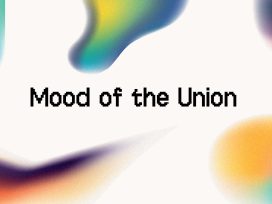Eurozine looks into the political, social and cultural factors that define the war on Ukraine, from Russia’s neo-imperialist aspirations and the concept of culpability to artists at the forefront of Ukrainian resistance.
This focal point is supported by the C.H.Beck Verlag.
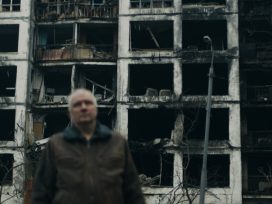
In collaboration with

The arts are a source from which Ukrainian society draws its sovereign will. A compendious new issue of ‘Osteuropa’ explores that proposal in depth.

Infrastructure in eastern Ukraine has been decimated; business and manufacturing displaced; cultural artifacts destroyed; communities disrupted and families bereaved. In light of all this, the discussion about what Ukraine stands to gain from the war borders on cynicism.
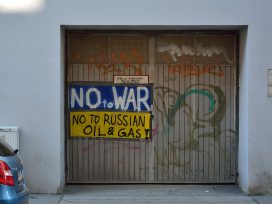
Energy and existence
PEN Ukraine conversations
With Russia closing its gas pipeline to Europe, predicted economic downturns have hit the markets. Skyrocketing energy bills mean production cuts and job losses, as well as a cold winter ahead. With a feared backlash to the Ukrainian cause, discussion between frontline war journalists contextualizes Russia’s power-play tactics.
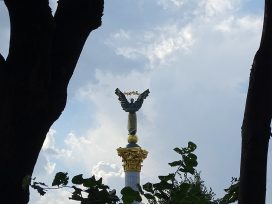
Ukraine and its discontents
Independence Day 2022
While Ukrainian resistance shows no sign of abating, time plays in Putin’s favour. As for the West, it faces complex diplomatic choices. Clocks are ticking on all sides, but at different speeds.
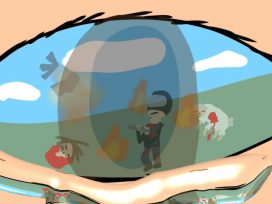
After fleeing war-ravaged Kharkiv, many have found refuge and hospitality in Poltava. How does it feel to be an internally displaced person in one’s own city of birth?
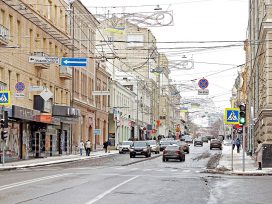
Deconstructing imperial knowledge
PEN Ukraine conversations
Through the lens of Russian imperial identity, there is no place for dialogue and negotiation: Ukraine can only be assimilated or exterminated. Ukrainian resistance has to be seen for what it really is – a decolonial fight for democracy.
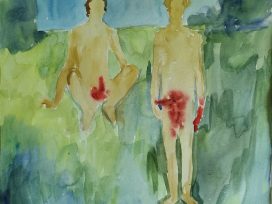
When self care is guilty pleasure
Testimonies of women in war
Who can focus on interior design after the massacres of Mariupol, Borodyanka and Bucha? Ukrainian women tell how their relationships with self-care, beauty and consumerism were changed by the war.
Dialogues on war
PEN Ukraine conversations
An agreement brokered between Ukraine, Russia, Turkey and the UN permits cargo ships to transport grain from Black Sea ports again. But assurance of mine-free safe passage is a way off. And behind the negotiations are manoeuvres that reflect long-term political, economic and societal implications.
Should Russian literature be held accountable for creating a nationalist mood capable of inciting war on Ukraine? Calls for a halt on distribution include all works, whether colonialist or not. An Estonian perspective, built over five days in Ukraine, asks whether the Russian state is responsible for cancelling its own culture.
As the shock of war gives way to reflection, Ukrainian public discourse has turned to questions of the past, present and future: When did Russia’s war on Ukraine start? What is it doing to society? And how will it end?
Glass breaking and balalaikas: Hollywood has traditionally portrayed the Tsarist and Soviet Empires as ethnically homogenous, culturally uniform and exclusively Russian speaking. This unjust image lives on and reaffirms the imperial narrative behind the invasion of Ukraine.
The Soviet legacy of rape and denial
The crimes of Bucha have a long history
The use of rape as a weapon of war is not new. The army that terrorizes civilians and targets women today in Ukraine is the same one that has never had to reckon with its own horrific World War II crimes.
Lacking a positive national identity, Russians continue to be governed by a dangerous imperial mindset that betrays both subservience and aggression. Putin has cynically built on this dubious foundation.
The egregious crimes against Ukraine’s civilian population might just be too much for the International Criminal Court to handle. Not only does it lack resources but it also doesn’t have jurisdiction over the crime of aggression – in part due to the position of its most influential member states and the Trump administration’s staunch opposition.
Belarusian and Ukrainian intellectuals have been applying postcolonial theory to Russia since the 1990s. But they have largely been ignored in the West. Now it is time to listen to those voices from the ‘borderlands’.

